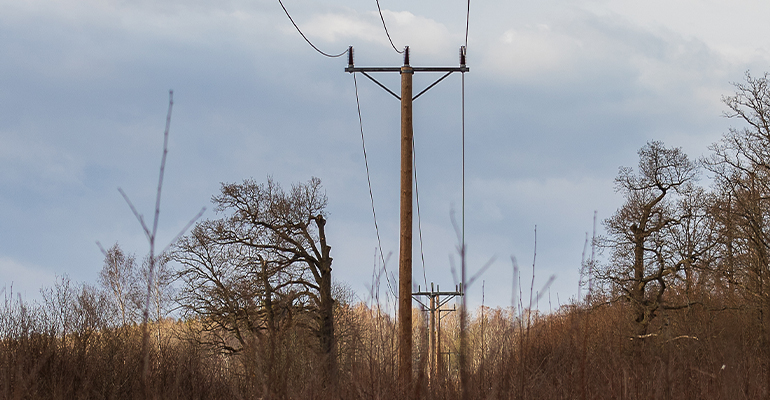Spain’s countrywide blackout on April 28, 2025, has demonstrated the vulnerability of so-called “island” and peninsular grids, despite international improvements in redundancy and forecasting capabilities in recent years, Montel Analytics Director Jean-Paul Harreman has said.
On April 28, 2025, Spain, parts of Portugal, and France experienced a major power outage, causing widespread disruption across all three countries.
The affected Transmission System Operators (TSOs) have not yet revealed what they believe caused the outage, with Spanish TSO Red Electrica saying restoration of full power may take “6-10 hours” in Spain.
Harreman said that while the outage was an “unprecedented event in modern energy markets”, the blackout occurring in Spain and Portugal is “not particularly surprising”, as “countries that are on the edge of, and more isolated from, the synchronous European grid tend to more easily see grid frequency deviations”.
In island systems like the UK and Ireland, or peninsular systems like Italy and Spain, the AC synchronous interconnectivity with other countries is much lower, leading to a more vulnerable grid as flexibility and resilience have to mostly come from the inside, Jean-Paul Harreman said.
International comparison
By contrast, a country like Germany is “surrounded by many other countries and connected with AC connections, in which assets operate that provide resilience to the grid frequency”, which needs to be kept at 50 Hz at all times to prevent a blackout.
Whenever there is a deviation due to a power plant outage, there is sufficient flexible capacity to ‘catch’ the frequency before it goes ‘out of bounds’. This buys time to bring up other generation capacity to fill the gaps or take other measures, Jean-Paul Harreman said.
Harreman noted that a blackout of this scale has not been seen since the 2003 Great Italian blackout or the Turkish blackout of 2015.
Synchronous generation
Synchronous power generation is the process where generators produce electricity at a constant speed so that their output frequency remains synchronized with the grid’s frequency.
This is normally provided by conventional large power-generating stations, typically nuclear, gas, and coal, but also renewables such as hydropower, biogas, biomass- and/or waste-fired power plants.
The inertia provided by these power station types helps the grid ride out disturbances, including disturbances to the frequency. Intermittent renewable power sources like wind and solar are not synchronous.
Complex markets
Energy markets remain a complex subject as they are affected by the underlying AC power physics, Harreman concluded, where through European cooperation the energy transition has “taken great leaps”, but also where “some parts of the grid do not completely benefit from the scale of the European market completely and as it is not easy to add more AC interconnection into areas like Spain and Portugal, but also UK, Ireland, Italy and Denmark”.
“Extreme variations”
Portuguese grid operator REN said “extreme variations” in Spain’s temperature caused the power failure, though Spanish TSO Red Electrica has so far given no reason for the outage.
It will be interesting to read about the atmospheric phenomenon that was observed today and the likelihood of this occurring again in the future, said Jean-Paul Harreman, referring to the theory that extreme variations in temperature were responsible.
Grid disturbances can be ridden out to a degree in regular times, but on this occasion, there was a lot of non-synchronous generation on the network, which made it more vulnerable.
Grid operators need to invest in inertia technologies like synchronous condensers to support the drive for more renewables. Investment in fast-acting balancing reserves such as batteries also provides extra resilience, as we have seen in markets like the UK and Ireland, added Phil Hewitt, Director at Montel Analytics.



